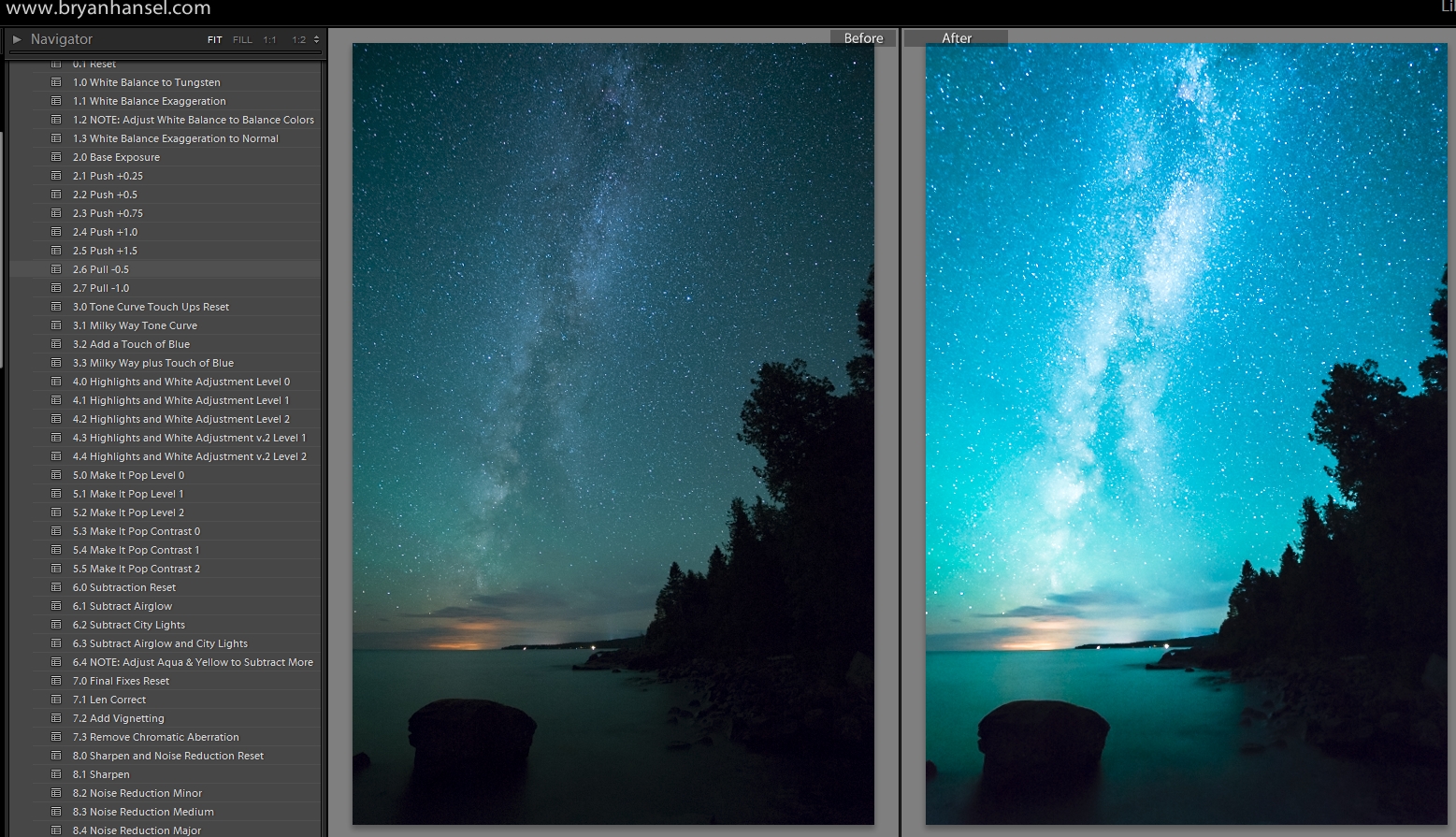



Quick Image Organization and ImportĪdobe Lightroom imports images using a catalog with advanced metadata settings, adding keywords, changing the destination, and even applying presets when importing. Lens correction module – lens profile, distortion, chromatic aberration, vignetting.Įffects module – vignetting style after cropping, amount, middle, roundness, pen tool, highlights grain amount, size, roughness. Split Toning Module – Highlights, Hue & Saturation, Balance, Shadows Hue and Saturation. HSL/Color /B&W Module – Hue, Saturation, Luminance. Tone Curve Module – Highlights, Lights, Darks, Shadows, Point Curve. Histogram Module – histogram, cropping and straightening, spot removal, red eye correction, graduated filter, adjustment brush.īasic module – the temperature of the white balance and tint, exposure, recovery, fill light, blacks, brightness, contrast. In other words, when examining the interface, you won’t be shocked by the number of tools and features spread across the entire screen, as it is in Photoshop. This led to the development and division of the entire interface into different modules, which already have separate tools.

When developing the software, Adobe had one task – to make it as simple as possible even for beginners. Lightroom’s functionality corresponds to the Camera RAW module, the tools are just arranged in a different order, and their number is bigger. As a result, it became a completely separate program. Initially, this program was created as a professional photographer’s streaming tool that will complement Photoshop.


 0 kommentar(er)
0 kommentar(er)
